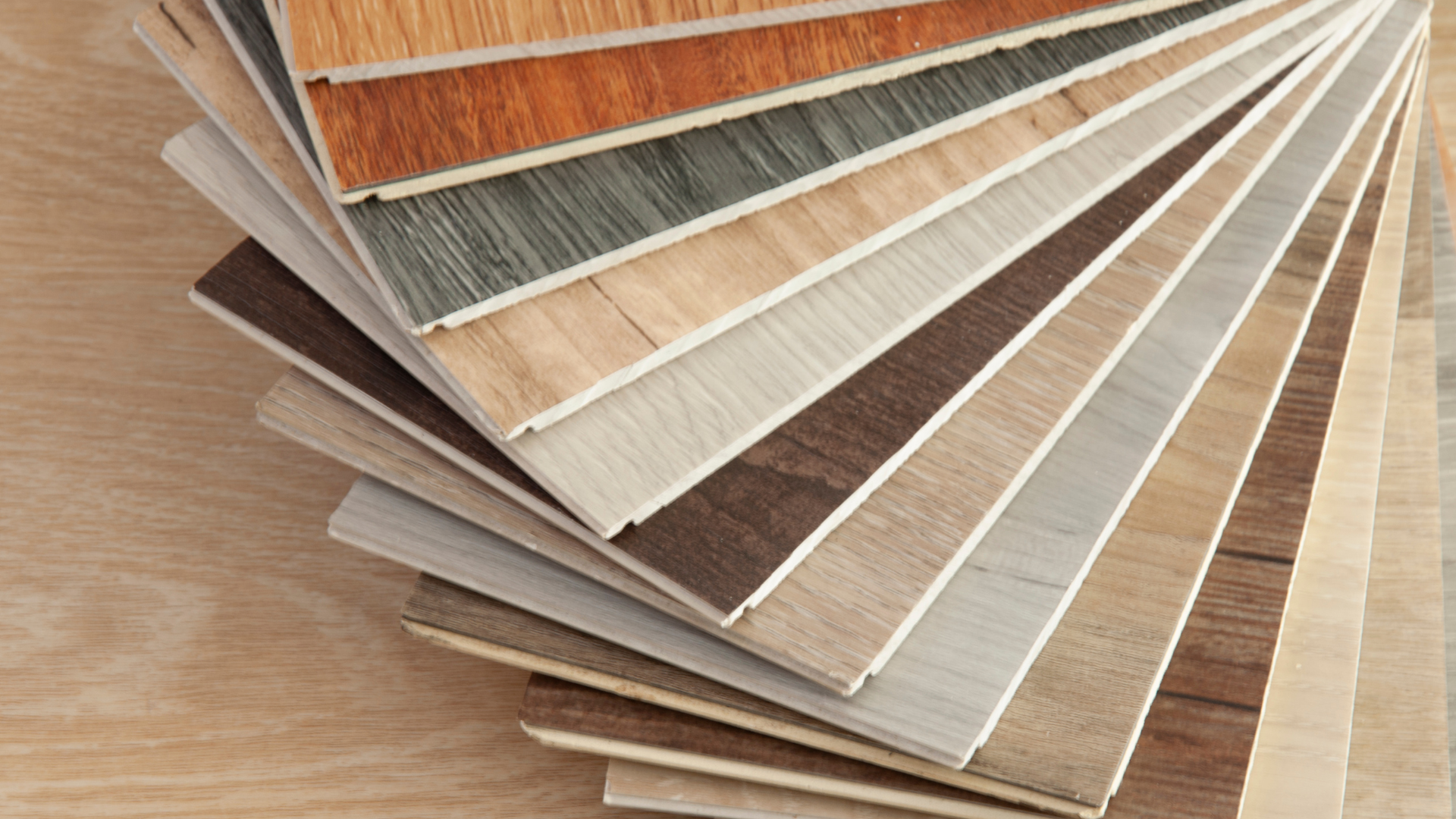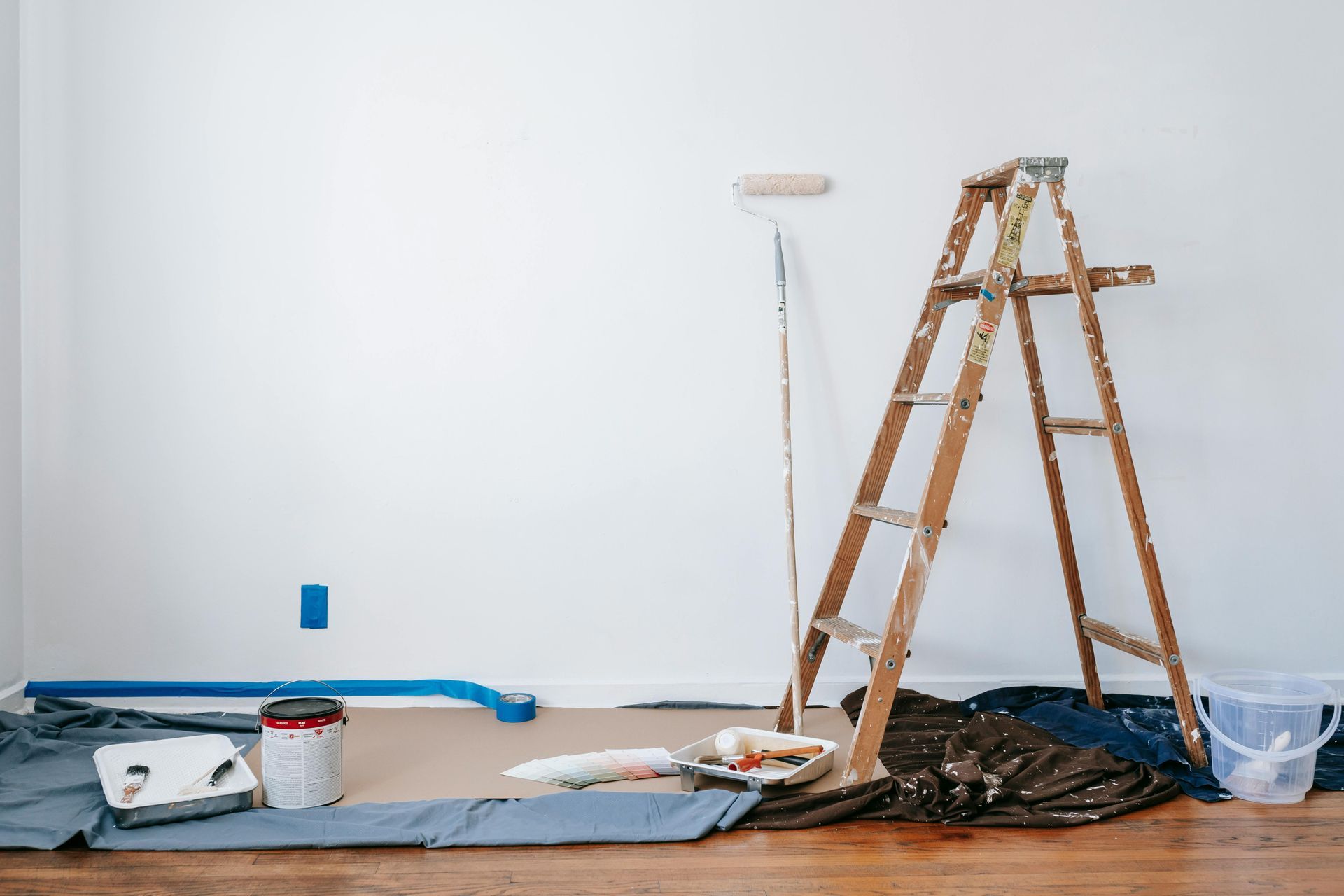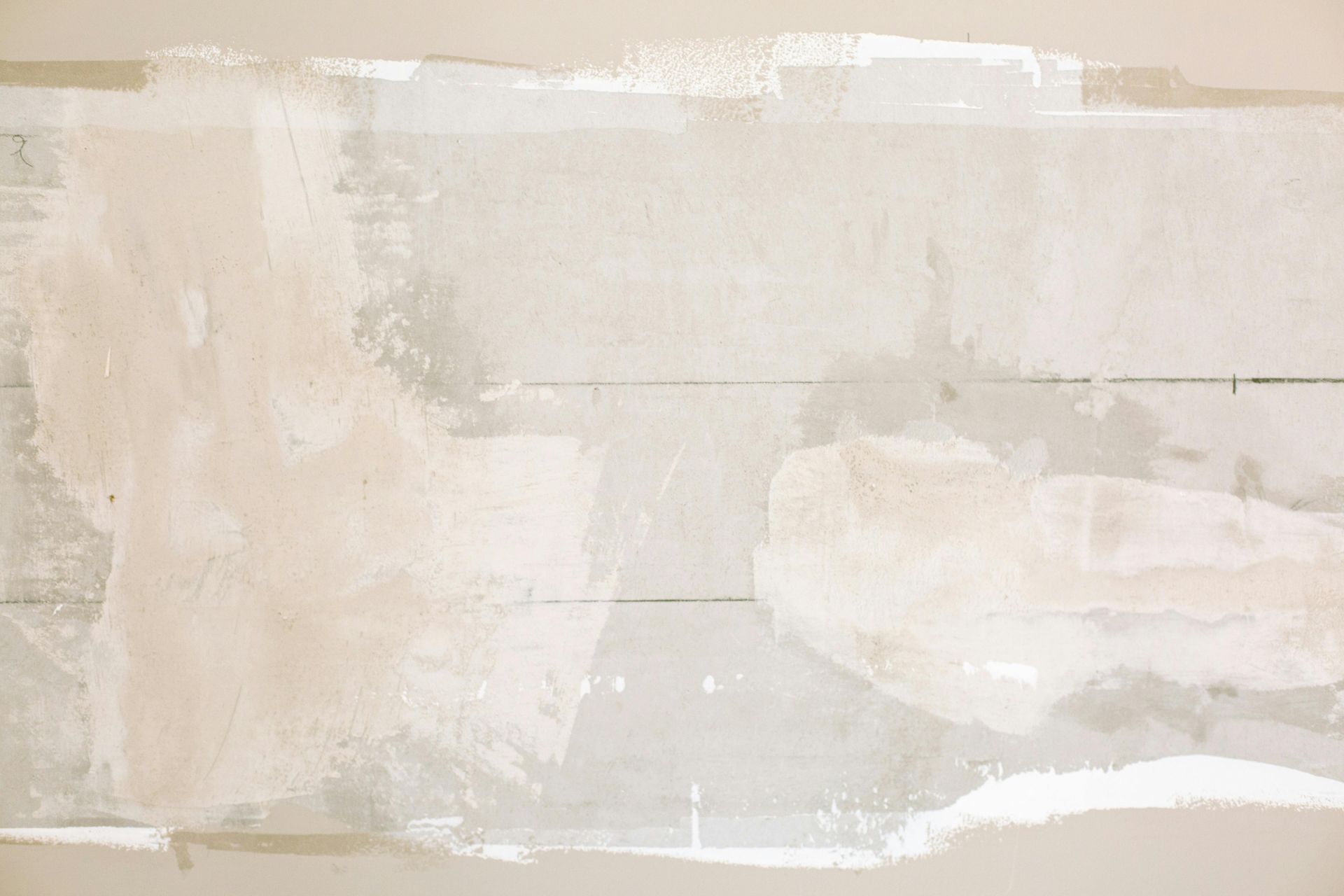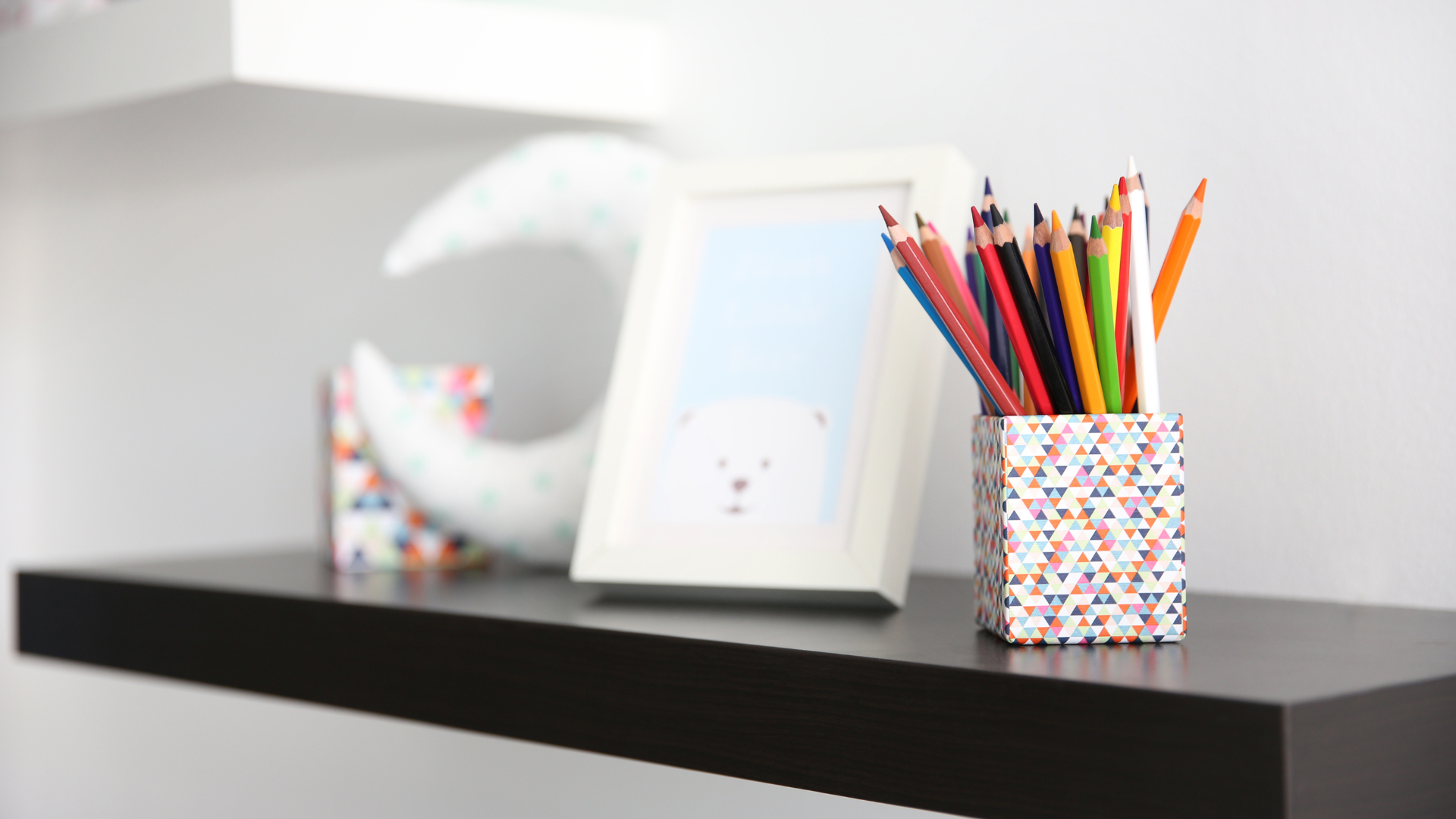Vinyl vs. Laminate Flooring – What’s Best for Your Arkansas Home?
Choosing the right floor starts with knowing your options.

If you're considering new flooring for your home in Austin, AR, you’ve likely come across two popular options: vinyl plank and laminate flooring. Both offer the appearance of hardwood without the high cost, and both have gained popularity with homeowners looking for durable, attractive solutions on a budget.
But which is better for your home? At Rodney Horton Drywall Specialties Inc., we’ve installed both countless times and know exactly when — and where — each one performs best. This guide breaks down the differences to help you make an informed decision.
Quick Comparison: Vinyl vs. Laminate
| Feature | Vinyl Plank Flooring | Laminate Flooring Name |
|---|---|---|
| Water Resistance | 100% waterproof | Water-resistant, not waterproof |
| Durability | Highly durable, flexible | Durable, but can chip or swell |
| Appearance | Realistic wood & stone looks | Also realistic, slightly harder texture |
| Comfort | Softer underfoot | Slightly firmer feel |
| Installation | Floating, glue-down, or peel/stick | Floating click-lock |
| Cost | $2–$5/sq. ft. installed | $1.50–$4/sq. ft. installed |
| Best For | Kitchens, bathrooms, basements | Living rooms, bedrooms, hallways |
What Is Vinyl Plank Flooring?
Vinyl plank (also called LVP or luxury vinyl plank) is a synthetic flooring product made of several flexible layers, including a waterproof core and a durable top wear layer. It mimics the look of wood or tile, and some styles are nearly indistinguishable from the real thing.
Pros of Vinyl Plank:
- Fully waterproof — ideal for bathrooms, laundry rooms, and kitchens
- Easy to clean and stain-resistant
- Excellent for homes with pets or kids
- Can be installed over most existing floors
- Softer underfoot than laminate or hardwood
Cons of Vinyl Plank:
- Can be dented by heavy furniture
- May fade under direct sunlight
- Lower-end products can look less realistic
What Is Laminate Flooring?
Laminate is made from compressed wood fibers (HDF core) with a photo-realistic image layer on top that mimics wood grain or tile, finished with a protective wear layer. It has a harder, more rigid construction than vinyl and often comes with a click-lock system for easy installation.
Pros of Laminate:
- Realistic hardwood look at a lower cost
- Tough, scratch-resistant surface
- Great for living rooms, bedrooms, and home offices
- Warmer and more natural feel underfoot
Cons of Laminate:
- Not waterproof — spills can damage the core
- May swell if exposed to moisture
- Can be slippery and noisier under foot
Which Flooring Holds Up Better in Arkansas Homes?
The humid summers and seasonal moisture in Central Arkansas play a big role in flooring performance. Here’s how each type fares locally:
In Kitchens and Bathrooms:
Vinyl wins. It’s 100% waterproof, so you don’t have to worry about leaks, splashes, or humidity.
In Living Rooms and Bedrooms:
Laminate performs well and offers a slightly more natural feel. Just avoid using it in wet areas.
In Basements:
Vinyl is the better choice because it handles temperature fluctuations and potential moisture better than wood-based laminates.
Which One Is Easier to Maintain?
Vinyl Plank Maintenance:
- Sweep or vacuum regularly
- Mop with water or mild cleaners
- No need for waxing or sealing
Laminate Maintenance:
- Sweep or dry mop frequently
- Avoid standing water — use damp cloths
- No buffing, polishing, or refinishing required
Both are considered low-maintenance, but vinyl gets the edge in homes with pets, kids, or frequent messes.
How Long Do They Last?
- Vinyl plank flooring can last
15–25 years, depending on quality and traffic.
- Laminate flooring typically lasts
10–20 years, though water damage may shorten its lifespan.
Proper installation and subfloor prep significantly impact both products’ longevity. That’s why professional installation is key.
How Much Do They Cost in Austin, AR?
Costs vary by brand, style, and installation method. Here’s what most homeowners in our area can expect:
Vinyl Plank (LVP):
- Materials: $2–$4 per sq. ft.
- Installed: $4–$7 per sq. ft. (higher for glue-down or premium styles)
Laminate Flooring:
- Materials: $1–$3 per sq. ft.
- Installed: $3–$6 per sq. ft.
We always provide upfront pricing with no surprises and can recommend the best product based on your home’s needs and budget.
Which Flooring Looks More Like Real Wood?
Both vinyl and laminate now come in high-definition wood visuals, complete with texture and grain. However:
- High-end vinyl can offer
wider planks,
stone visuals, and
embossed textures
- Laminate tends to have a
slightly more rigid and matte finish, often closer to engineered wood
If realism is your top priority, compare samples side by side — or ask us to bring options during your in-home estimate.
What Does Our Team Recommend?
At Rodney Horton Drywall Specialties Inc., we recommend:
- Vinyl plank for homes with pets, kids, or high-moisture areas
- Laminate for dry areas where budget and a hardwood feel are the priorities
Every home is different — we’re happy to walk you through your options and help you choose based on real-world use.
FAQs – Choosing Between Vinyl and Laminate
Q: Can you install vinyl or laminate over tile or old flooring?
Yes — as long as the surface is level and in good condition, both can be installed without removal.
Q: Which is better for homes with pets?
Vinyl. It’s softer, waterproof, and won’t warp from accidents or water bowls.
Q: Do either of these require special cleaning products?
No — both clean easily with mild floor cleaners or warm water.
Q: Can I use these floors in rental properties or investment homes?
Yes — vinyl especially is ideal for long-lasting performance and minimal upkeep.
Ready to Upgrade Your Floors? We Can Help.
Whether you choose vinyl for durability or laminate for classic looks, Rodney Horton Drywall Specialties Inc. is here to install it right — fast, clean, and at a fair price.
We serve
Austin, AR, and surrounding areas including
Cabot,
Ward,
Beebe, and
Jacksonville.




